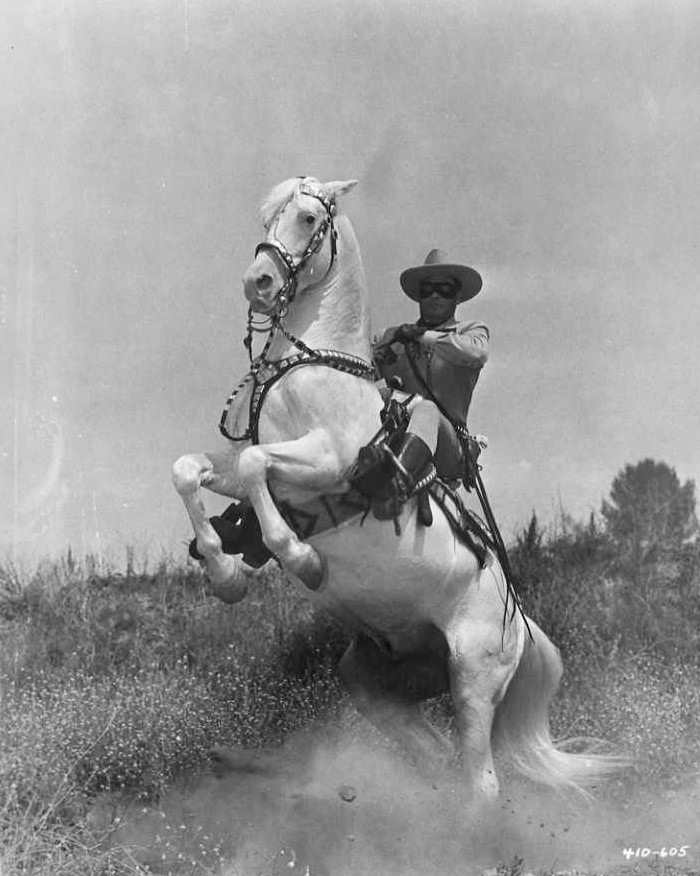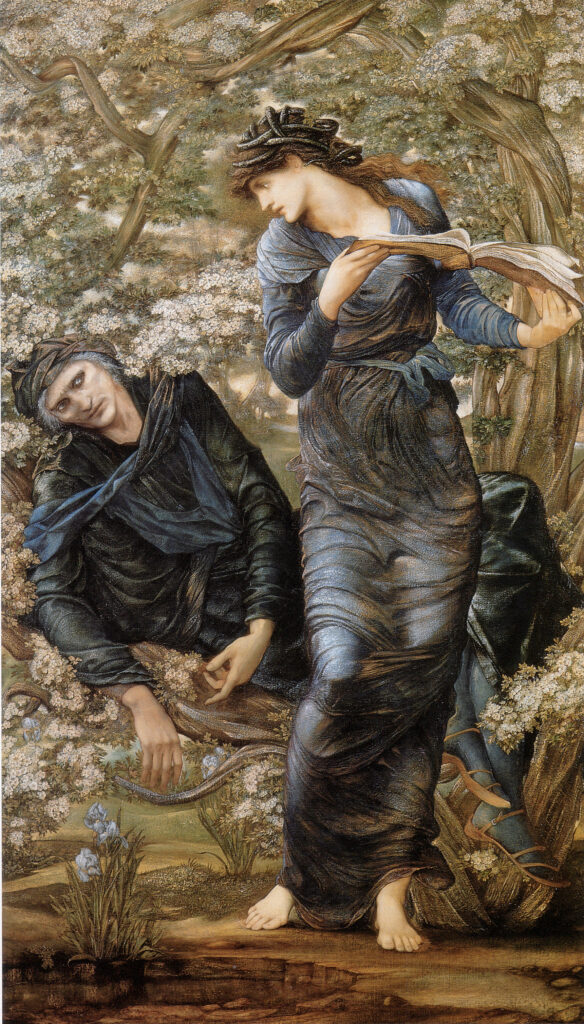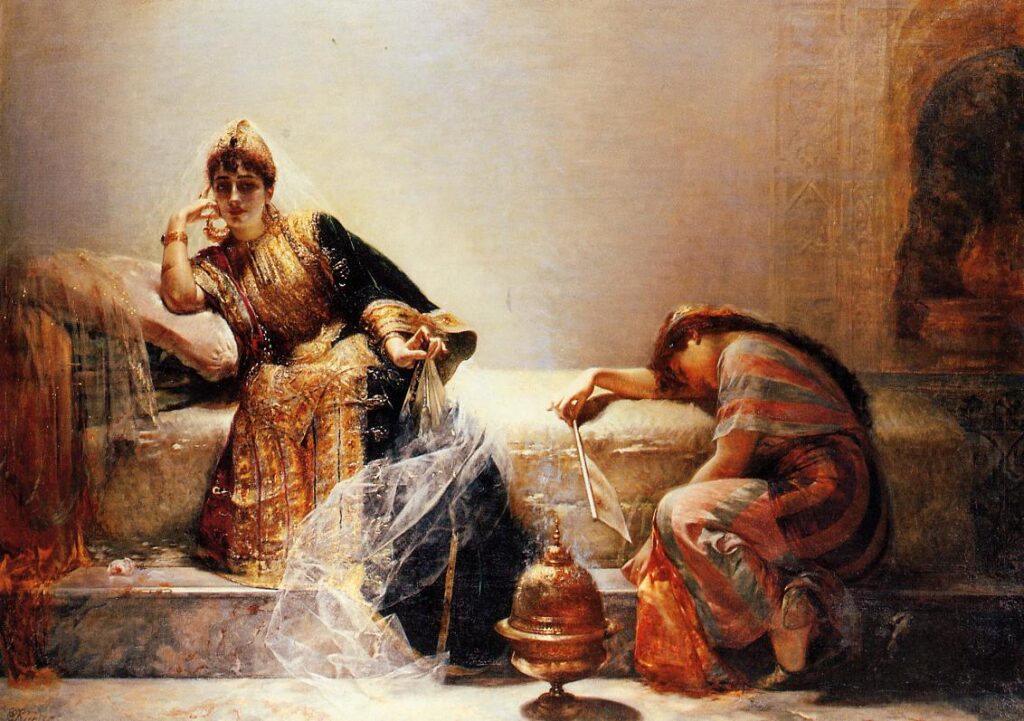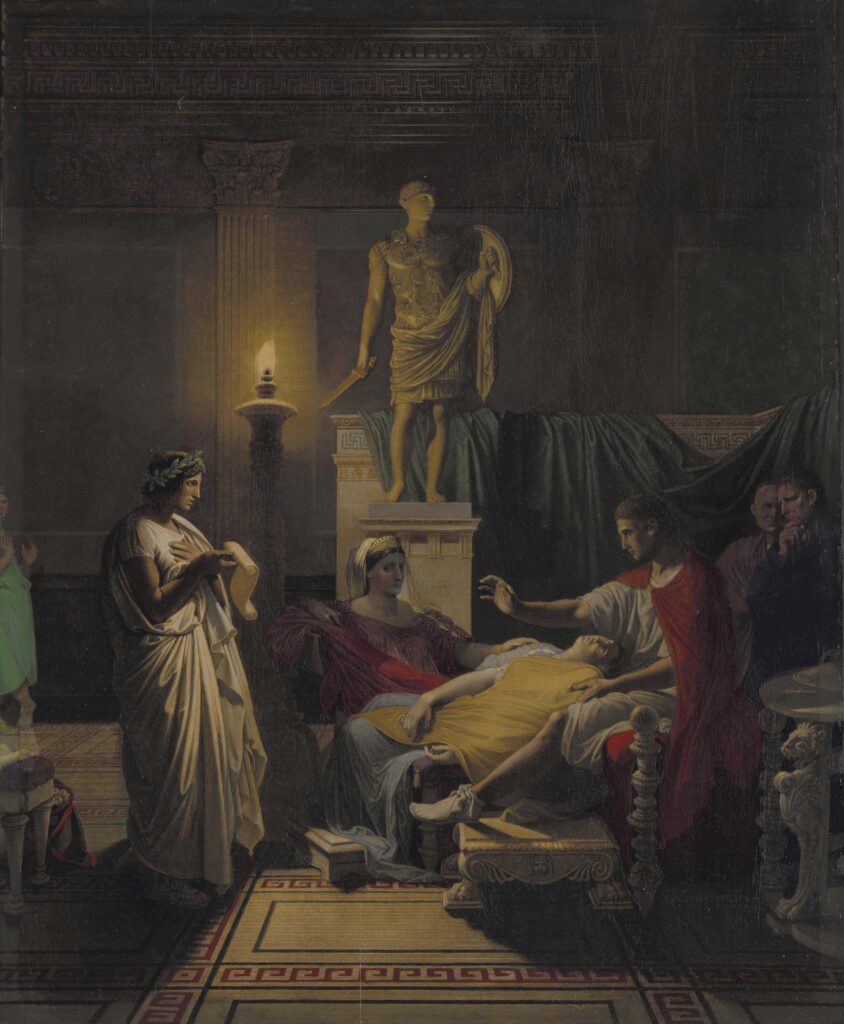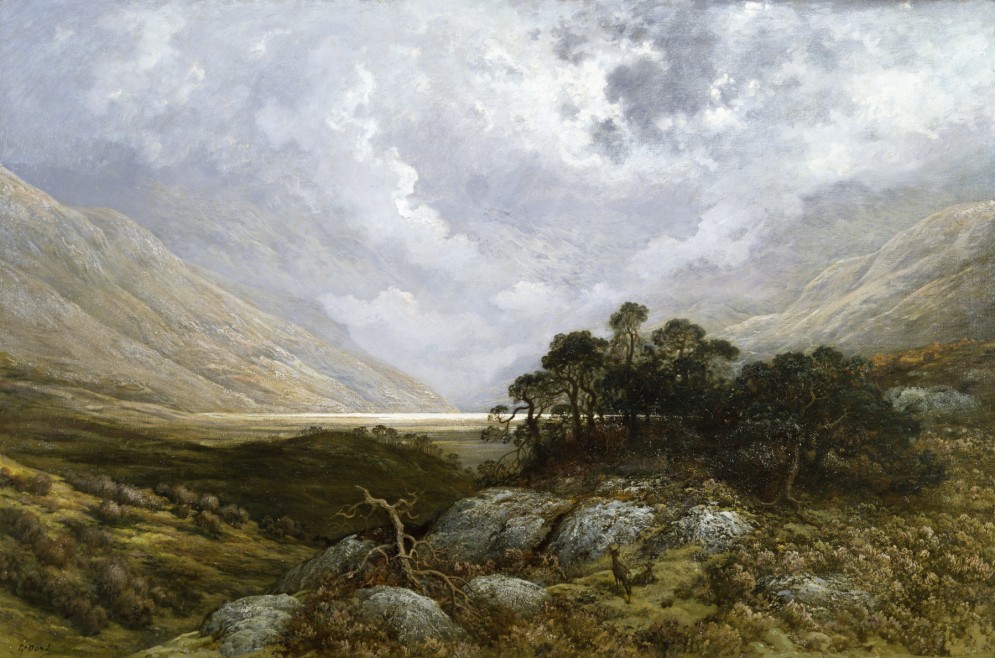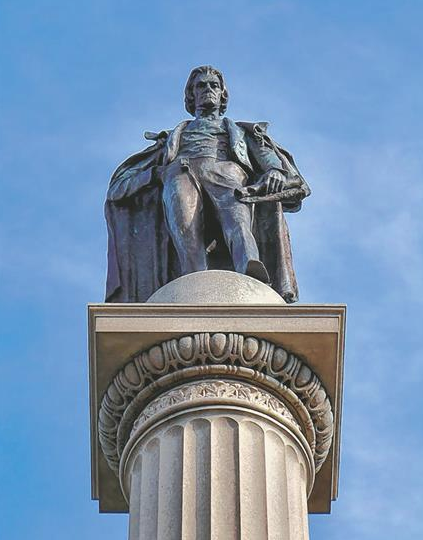Alien versus Predator
by Ilana Mercer
For the purpose of making your way adaptively and smartly in a society that is systemically anti-white, you need to understand what distinguishes Critical Race Theory from Marxism and quit the socialism/Marxism theoretical escapism, for once and for all.
Get this into your head: for conflict in society, Marxism fingers social class; critical race theory saddles whites. You, if you are white!
More on this do-or-die distinction in my latest YouTube video, “Distinguish Critical Race Theory From Marxism: Your Life Depends On It!”
David Vance and I further flesh out the Marxism vs. Critical Race Theory vexation in our weekly, Wednesday chat.
Whatever conservatives think of Marxism—and this writer follows the antiwar, anti-state, free market Austrian School of economics—Marxism in the origin is serious political economy; an intellectual treatise with gravitas. Critical Race Theory is a priori gibberish.
Scrap that: befitting the boors who originated CRT anti-whitism—the theory is based on reasoning backwards: if B then A; if white then … complete that sentence with all manner of evil that comes to mind.
We also discuss uni-party politics, the futility of it, and the war on MAGA folks, all 74 million of us. And, prompted by David, I might have thrown in a quip about plagiarism made way back, in a witty joust between Oscar Wilde and James McNeill Whistler—two giants of the West your kids should know, but don’t, because of critical race rot. Continue reading

